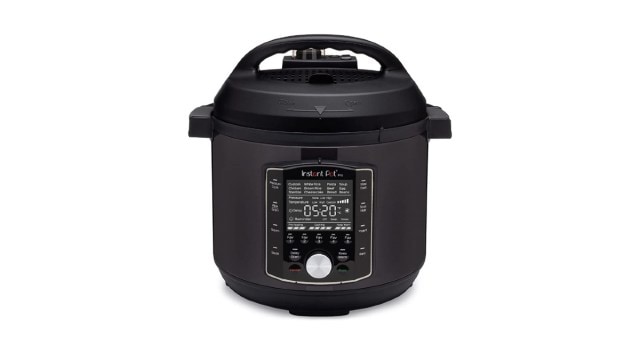Instant Pot’s maker files for bankruptcy amid diminishing demand for the product
The company's financial situation worsened as its main product lost momentum, while managerial blunders and pandemic-induced supply-chain disruptions increased its costs.
 The Instant Pot is a pressure cooker, slow-cooker, rice cooker, and yogurt maker. (Image: Instant Brands/Amazon)
The Instant Pot is a pressure cooker, slow-cooker, rice cooker, and yogurt maker. (Image: Instant Brands/Amazon) Amid financial headwinds and reduced consumer spending as a result of inflation, Instant Brands, the maker of the popular Instant Pot cooker, filed for bankruptcy on Monday. The Illinois-based company reported over $500 million in assets and liabilities in its chapter 11 filing in Houston’s U.S. Bankruptcy Court.
According to a Wall Street Journal report, the company was struggling to grow its business, especially since it was riding on a single product, the instant cooker. The company’s net sales decreased 21.9% in the first quarter in 2023 compared to the same period last year. This was the seventh consecutive quarter seeing a decline in year-over-year sales. At the end of March, the company had only about $95 million in liquidity and its business was not generating any cash flow, the ratings report indicated.
The S&P report attributed Instant Brands’ poor performance to “depressed consumer demand due to lower discretionary spending on home products, lower retailer replenishment orders for its categories, and some retailers moving to domestic fulfillment from direct import.”
Reportedly, the company’s financial situation worsened as its main product lost momentum, while managerial blunders and pandemic-induced supply-chain disruptions increased its costs. Instant Brands announced on Monday that it had filed for bankruptcy hoping to reach an agreement with its creditors that would strengthen its financial position.
Prior to the bankruptcy declaration, Instant Brands was reportedly working with restructuring advisers for months to improve its balance sheet and finances. Instant Brands has hired Guggenheim Partners as its financial adviser and Davis Polk & Wardwell as its legal counsel for the bankruptcy process. The company said it secured $132.5 million in financing from existing lenders to support its operations during the restructuring.
Instant Brands was established by Robert Wang, Yi Quin and three other partners in Canada in 2009 before it was sold to Cornell Capital a decade later.







